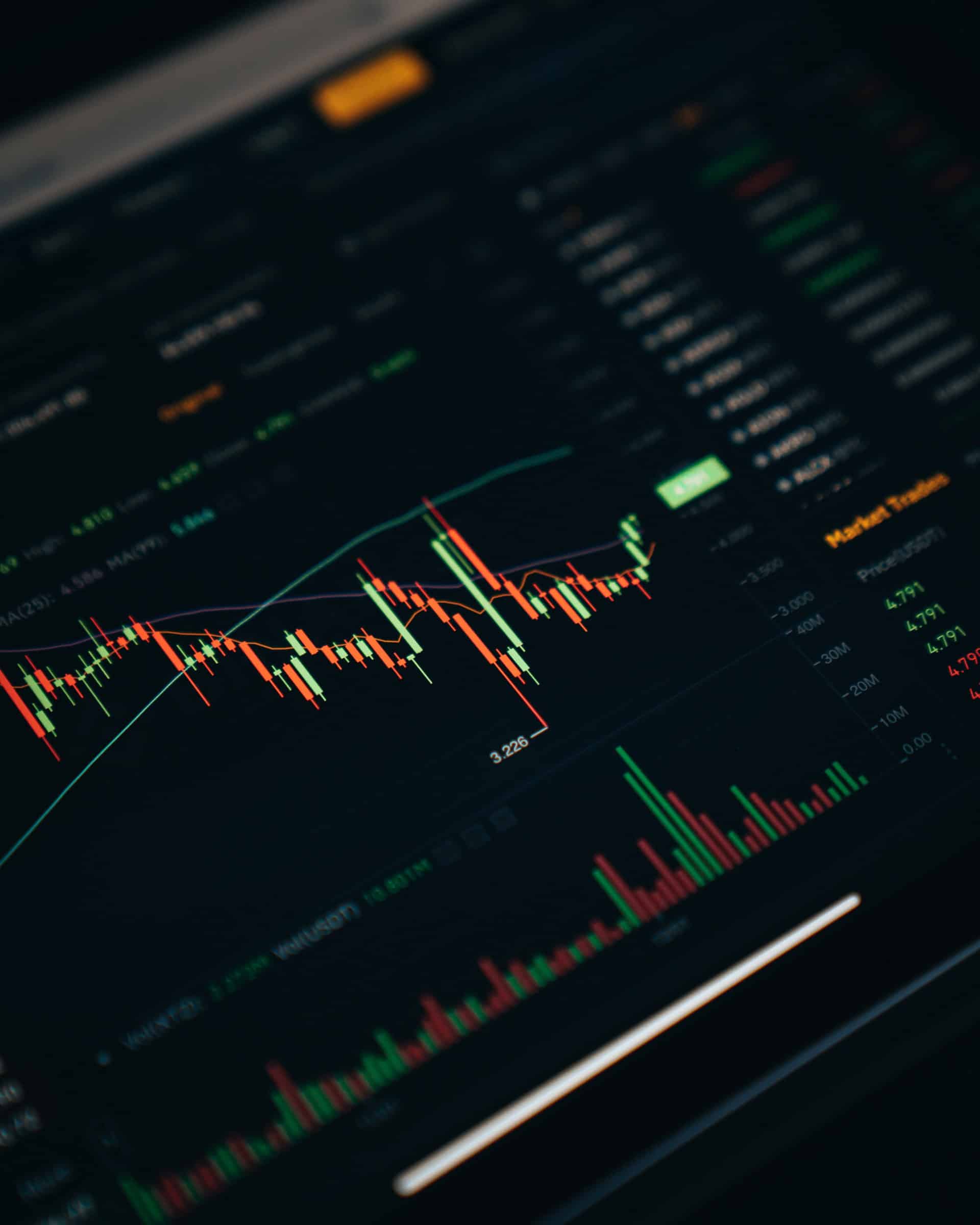Indices track the performance of a group of shares on a stock exchange. A famous example of a trading index is the FTSE100. It tracks the top 100 companies listed on the London Stock Exchange. When you trade indices, you get access to a full sector of the economy when you have a position.
Trading in market indices reduces risk. An index is a compilation of stocks so the value doesn’t depend on the performance of a single company. This also means that investors don’t have to do as much research as they would have if they planned to buy the shares of a single company.
IMAGE: UNSPLASH
How To Trade Indices
The most popular way to trade on indices is to use Contracts of Difference or CFDs. Investors use CFDs to speculate on price increases and decreases. They never take ownership of the underlying asset. If you think that the index will fall, you’ll open a short position and sell. If, on the other hand, you think that the prices will rise you will open a long position and buy.
The biggest financial markets all have at least one index. The Index Industry Organization reports that there are over three million indices across the globe.
Listed below are examples of the biggest financial indices in the world
- S&P 500 – the top 500 US companies
- FTSE 100 – the top 100 UK companies
- Nikkei 225 – Japan’s top 225 companies
- DAX 30 – Germany’s top 30 companies
There are also industry-specific indices such as the NASDAQ 100, a compilation of the 100 US high-tech companies.
How Are Market Indices Valued?
Most indices are valued in accordance with the market capitalization of the companies of which it is comprised. This ensures that bigger companies have a higher weight. Any price fluctuations in these companies will have a bigger impact on the overall index value.
Some indices are weighted by the stock price. In such indices, including the Dow Jones Industrial Average, changes in the value of higher share prices will have a bigger impact on the index.
What Moves Index Prices?
Indices move in response to the following stimuli
- Company financial results – the financial results of individual companies will have an effect on their share price. This could affect the index
- Economic factors – government or central bank announcements, and investor sentiment can all have an effect. Other economic factors such as unemployment and inflation can also help to drive the index value up or down
- Company announcements – changes such as acquisitions and mergers and changes in leadership can impact the price and the index
- Changes in commodity prices – can affect price movements on the index
- Changes in the makeup of the index – if the composition of the index changes due to companies leaving or joining, prices can move
- Natural disasters – as happened with the start of the covid-19 pandemic, natural events can affect share prices.
The Benefits Of Trading In Indices
Many investors use indices trading to grow their wealth. There are several benefits to investing in indices The compilation of companies ensures diversification, an essential element of risk management. If one company loses value, the performance of others in the index will reduce volatility. There is also no risk of bankruptcy in an index. Though an organization may become bankrupt, not so the entire index.
Though index values will change from day to day, only a major change in local or global environments will have a significant impact on the value.
There is, of course, also a downside to trading on indices. If you invest in the right company, you could make a lot more money than investing in an index. Just as the mix reduces risk, it stifles returns on investment.
With so many indices to choose from, you may wonder which is best for you. Some indices such as the NASDAQ 100 offer higher risk and return profiles, while others such as the S&P 500 are less volatile. In 2020, Nasdaq outperformed the S&P index by a massive 30%. In the end, the one you choose must suit your risk appetite.
IMAGE: UNSPLASH
If you are interested in even more business-related articles and information from us here at Bit Rebels, then we have a lot to choose from.


COMMENTS